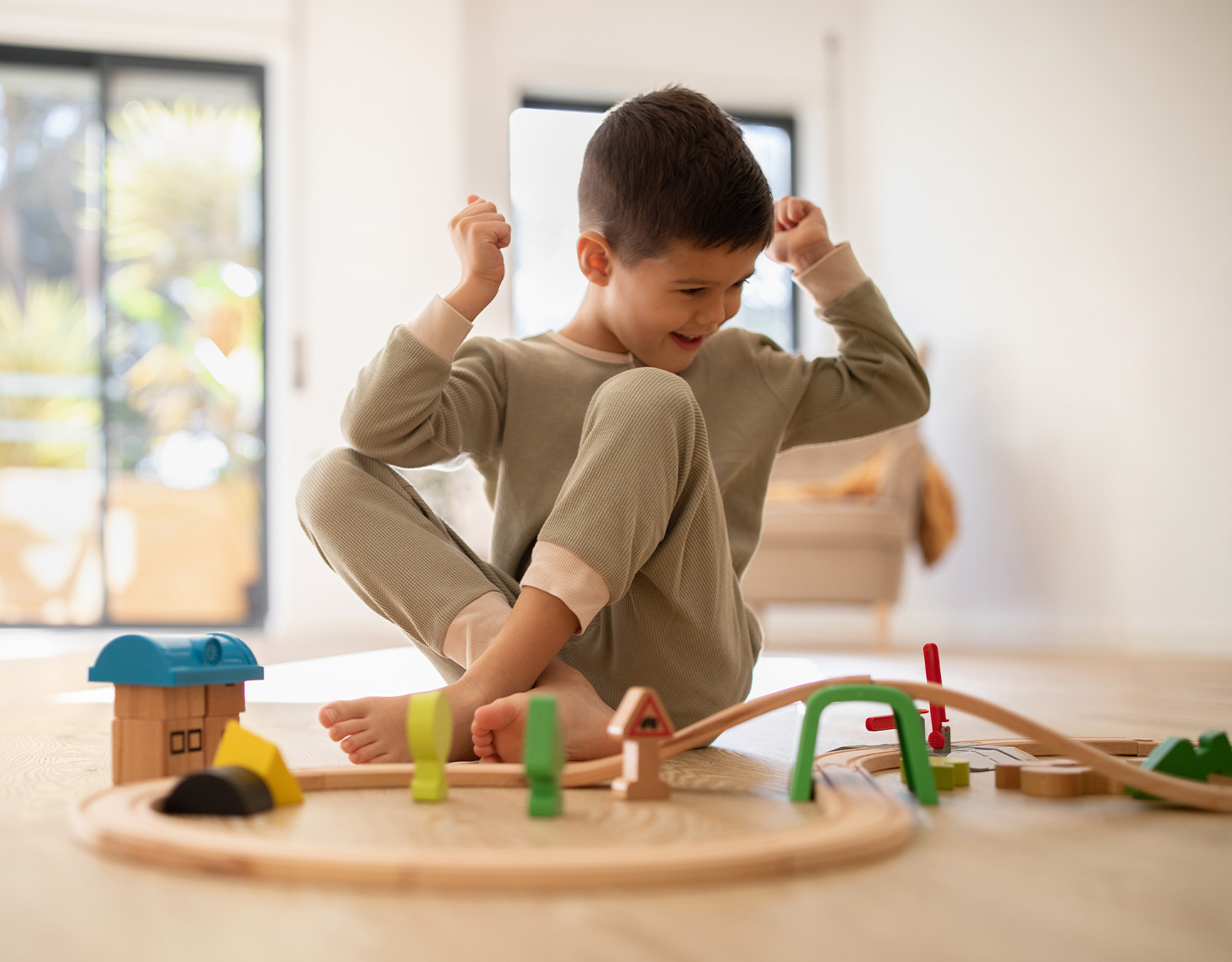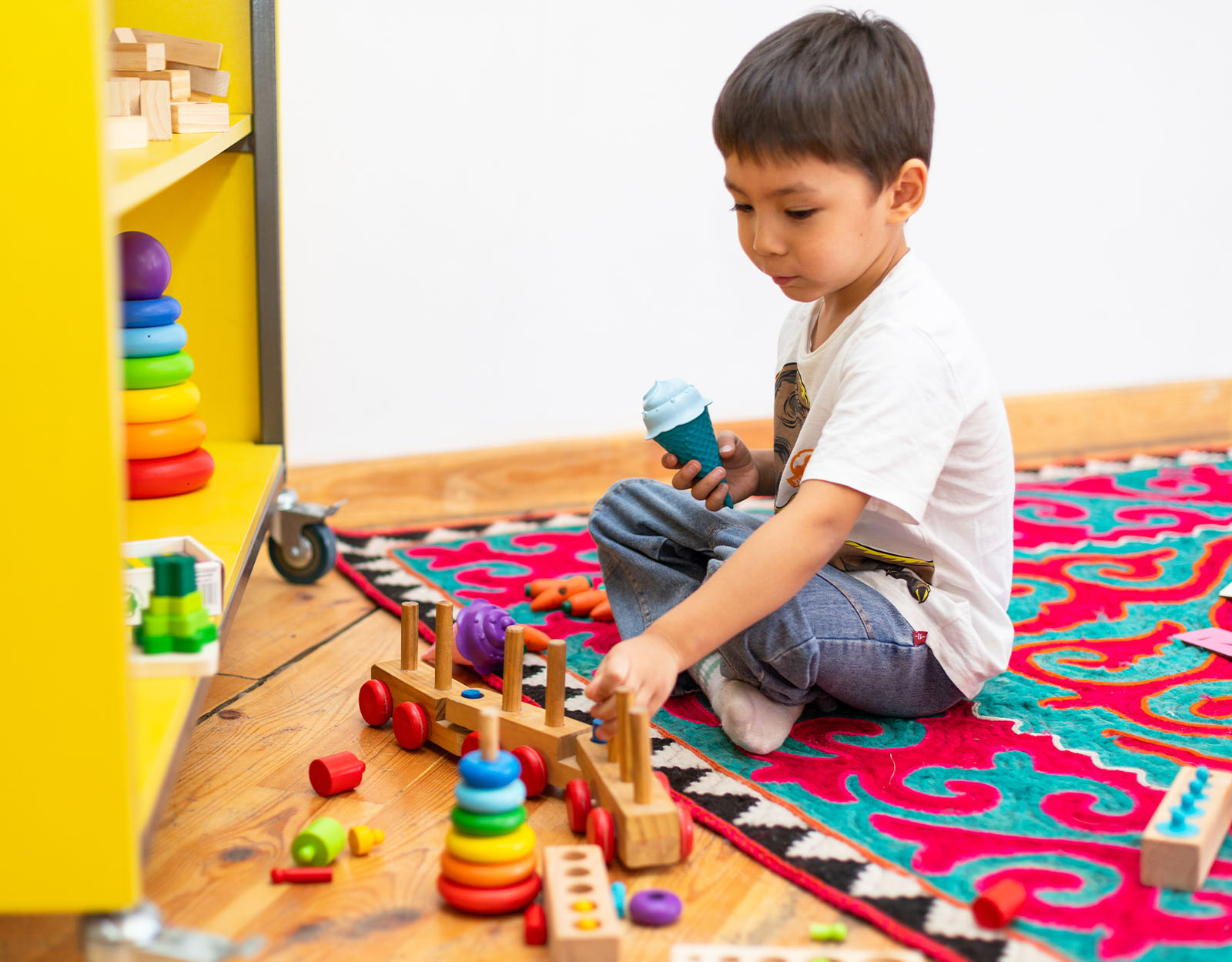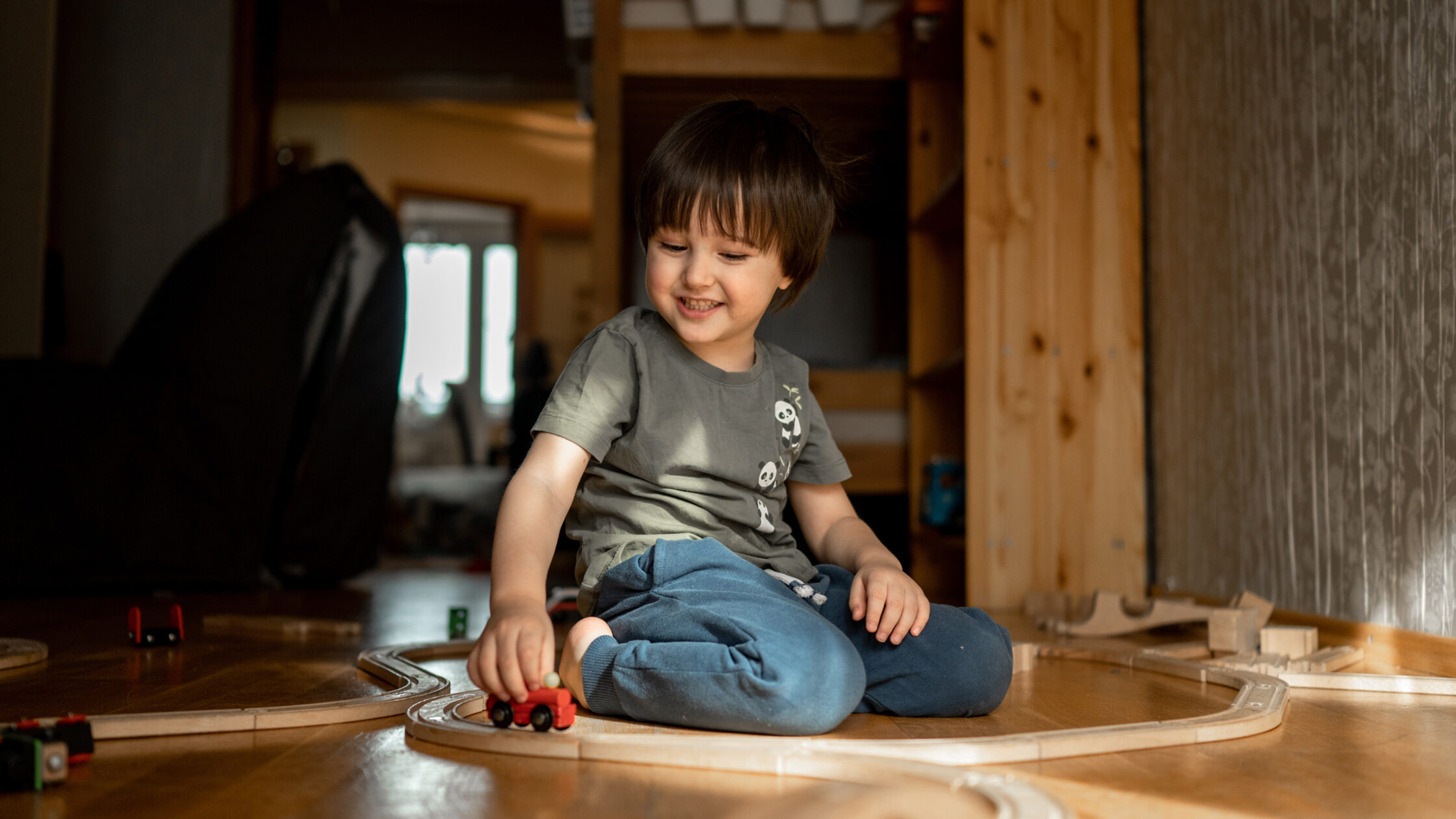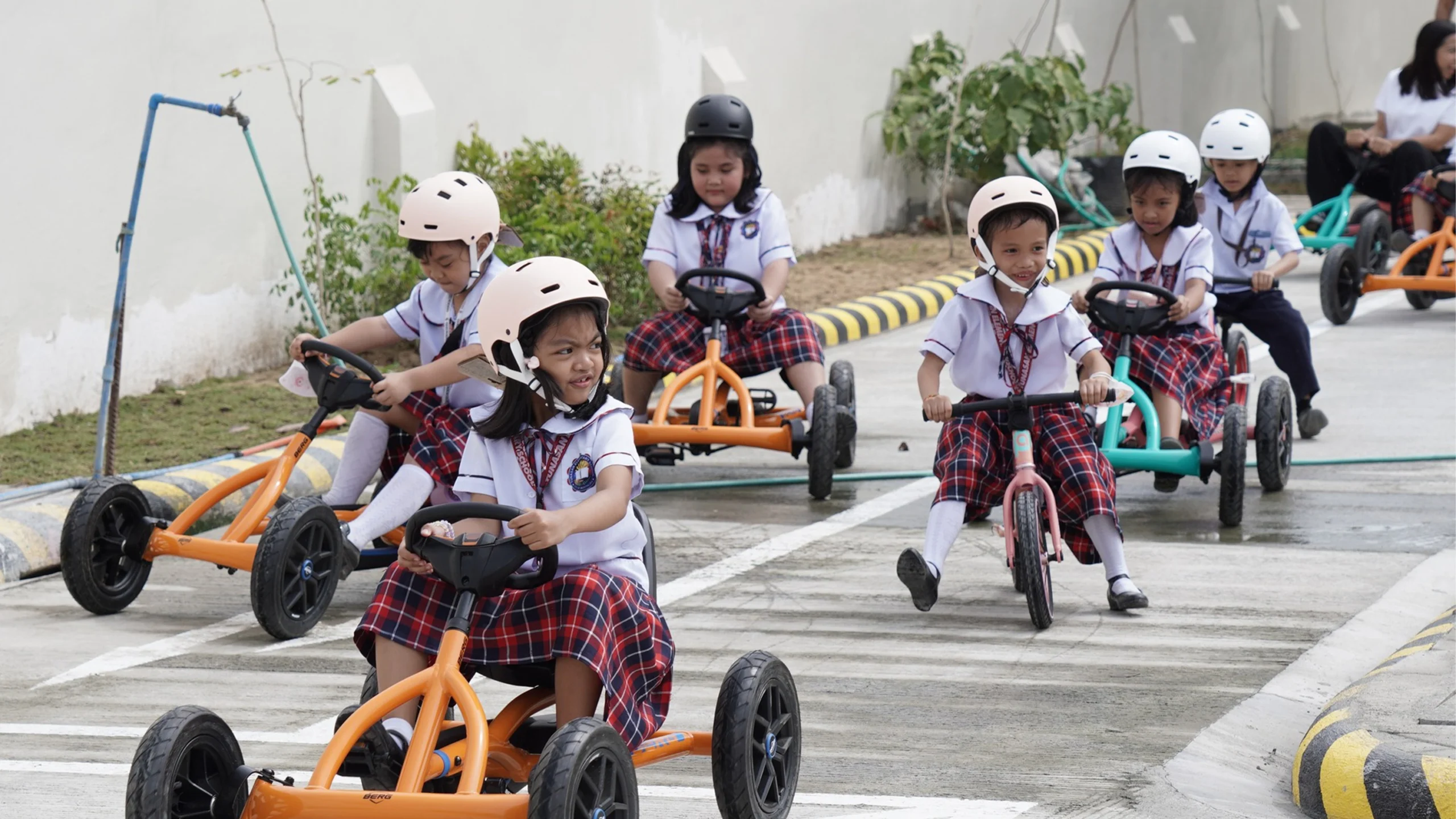Why Parents Shouldn’t Worry About Letting Their Kids Play Alone
While it may seem sad to see our kids playing alone, this allows them to explore, learn, and create independently.
As parents, we want our kids to develop their social skills—from forming friendships with playmates to learning values like teamwork, and being able to communicate with different kinds of people. But there are some instances when they’re better off playing on their own, as this allows them to explore, learn, and create independently.
With work-from-home setups that keep us busy, playing alone gives our kids a chance to tinker and play by themselves. And while it may seem isolating, there are some benefits to solo play.

6 Reasons Why it’s Okay to Let Your Kids Play Alone
1. Solo Play encourages kids to imagine and create.
While playing with other kids encourages their social skills, sometimes, it can restrain their ability to imagine and create on their own terms.
Being in a social circle means behaving only in ways that other people in the group approve of, which—let’s be honest—not everyone will agree with. Letting kids play alone also allows them to think for themselves and allow their imaginations to grow.
2. Kids have fewer distractions and are less likely to be overwhelmed.
Kids are still learning how to regulate their emotions, so when they are with other people, they can get overwhelmed, especially by kids who are still trying to find their inside voice or control their big feelings. Constantly putting our kids in social situations can also be draining for them—thus making them more prone to meltdowns.
Why? Because there’s no break in between to pause, reflect, and process these feelings.
3. It teaches kids how to keep themselves busy without anyone telling them to do so.
We’re always preaching that “an idle mind is the devil’s workshop,” but that’s only if our kids are constantly surrounded by people. The socio-behavioral school of thought will argue that playmates and other kids are just distractions to keep our kids busy.
But what if these kids are not available and neither are we? Letting our kids play alone every so often encourages them to explore activities they like.
4. They’ll be more in tune with themselves.
As parents, one of our greatest frustrations is that some kids don’t tell us if they’re in pain, sick, hungry, or need to go to the bathroom. Letting them play on their own means giving them space to recognize their own bodily needs. This also teaches them early on about being independent—life skills that our kids will need in the long run.
5. Some kids, when left to their activities, become less fearful.
We’re always worrying as parents that our kids might put something in their mouths or get hurt. And this overprotectiveness can affect how our kids handle situations.
For example, if they fall and get hurt, they won’t start crying unless they see how panicked we are. Only then will they cry. But when they fall on their own and see that nobody is panicking, they’ll take it as a part of life and move on.
6. They’ll learn about their limits better.
The saying “parents know their kids best” is familiar to us, but there are some cases wherein kids need to learn about their limits—alone.
Solo play is how they can learn that. How? By doing different activities until they start feeling tired. Of course, they’ll cry for a bit, but with a little guidance to the bed, they’ll figure out that sleep helps them stop feeling tired after playing for a good while.

Letting our kids play alone doesn’t mean just leaving them be!
While everyone says that kids need social interaction, many will argue that there must be a balance. Kids can’t keep attending social events because eventually, they’ll fear missing out. Letting them play alone or tinker with their toys teaches them that there are some things they can do on their own. Of course, we’ll just make sure what they’re doing is age-appropriate but do so by watching them from afar.
Let kids explore on their own. Playing alone is where it starts.
All about kids and more?
Where Did We Go Wrong With Teaching Kids In School?
5 Ways That Toddlers or Kids Express They’re Tired
Why Following Your Kids’ Interests Builds Better Relationships With Them









